The CIA has assessed Ukraine was not targeting a residence used by Russian President Vladimir Putin in a recent drone attack in the north of his country, according to US officials, undercutting an assertion the…
Category: 2. World
-
Iranian protesters warned of ‘decisive response’ – Dawn
- Iranian protesters warned of ‘decisive response’ Dawn
- Several killed as Iran protests over rising cost of living spread Al Jazeera
- Iran appoints new central bank governor after mass protests as currency hits record low AP News
- ‘We want the…
Continue Reading
-
Ayaz Sadiq, Jaishankar shake hands in high-level contact – Dawn
- Ayaz Sadiq, Jaishankar shake hands in high-level contact Dawn
- NA Speaker Sadiq, Indian FM Jaishankar shake hands in Dhaka in first high-level contact since May conflict Dawn
- Bangladesh’s big question: Will Khaleda Zia’s son build on her…
Continue Reading
-
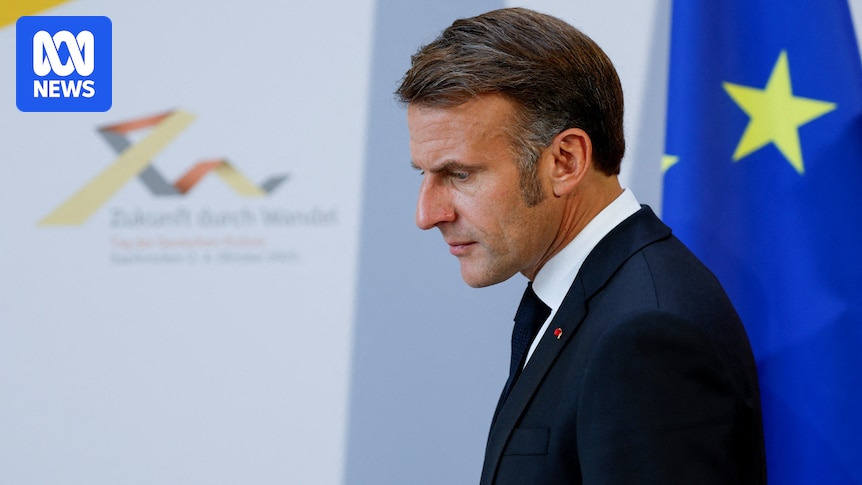
France reportedly planning social media ban for under-15s
France’s government is set to ban children under the age of 15 from social media sites and prohibit mobile phones in high schools from September 2026, according to local media reports.
President Emmanuel Macron has often pointed to social media…
Continue Reading
-
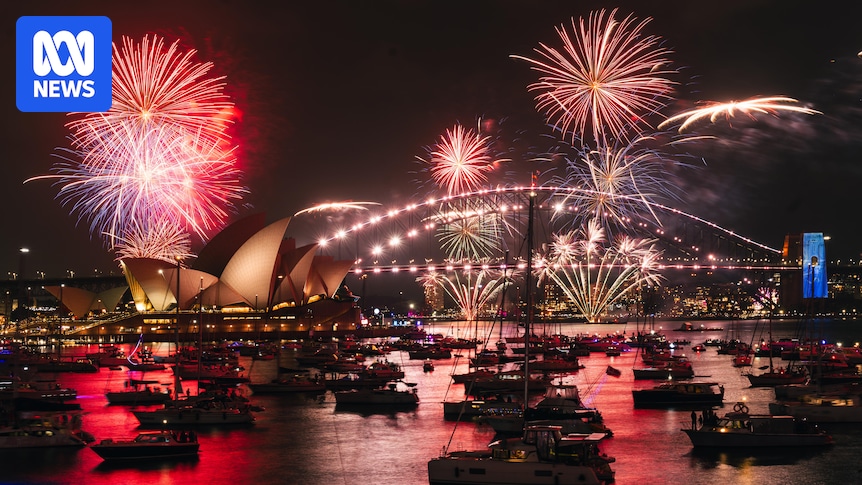
Police praise Sydney New Year’s Eve behaviour amid emotional celebrations
Police have praised the behaviour of Sydney New Year’s Eve revellers, with only a small number of people arrested as celebrations took place across the city.
On one of the busiest days of the year, 38 people were arrested, including nine in the…
Continue Reading
-
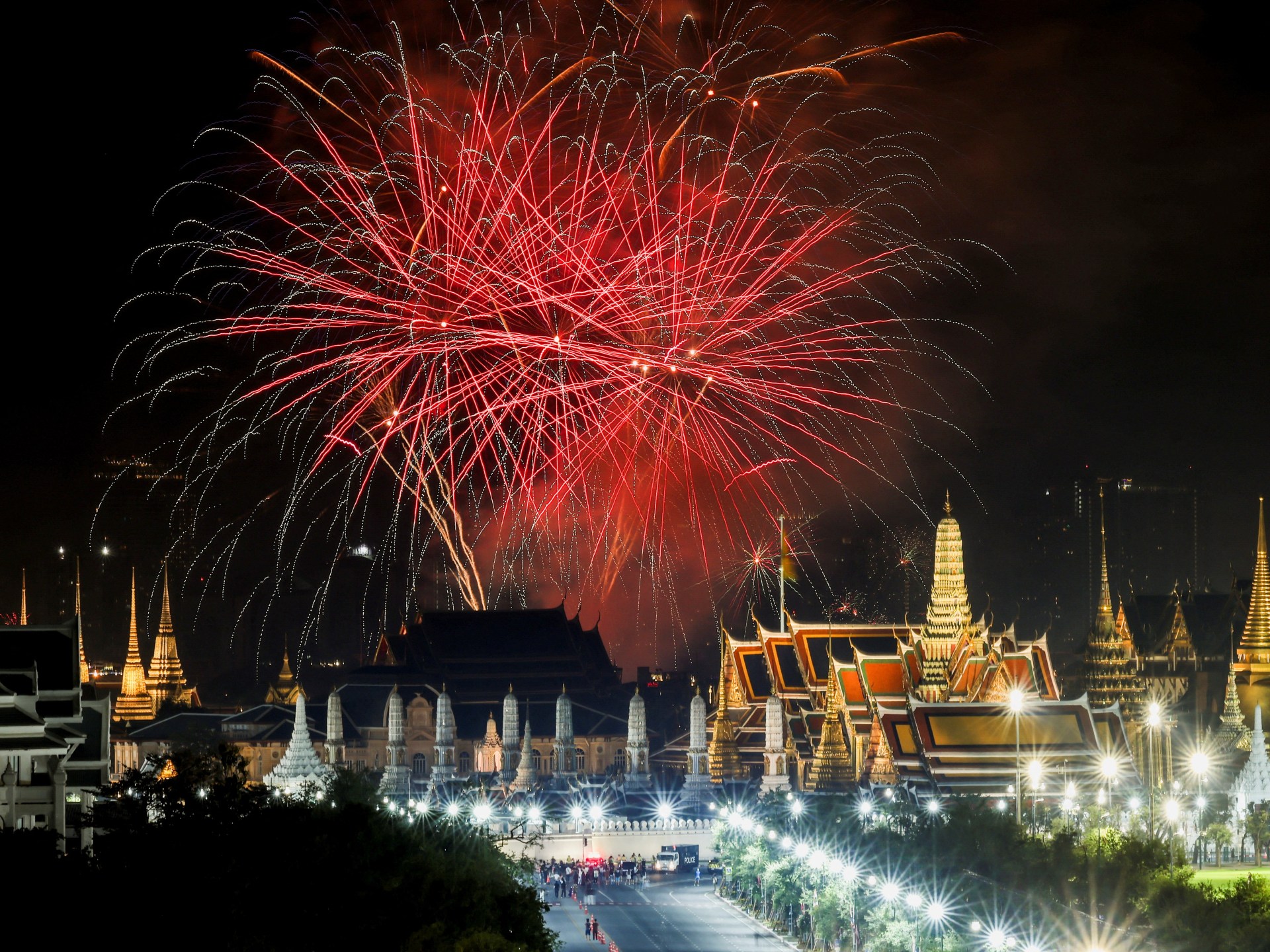
New Year’s Eve celebrations as the world welcomes 2026 | News
Published On 31 Dec 2025
New Year’s Eve celebrations are unfolding across the world as countries move into 2026 one time zone at a time.
The first major cities to mark the new year welcomed…
Continue Reading
-
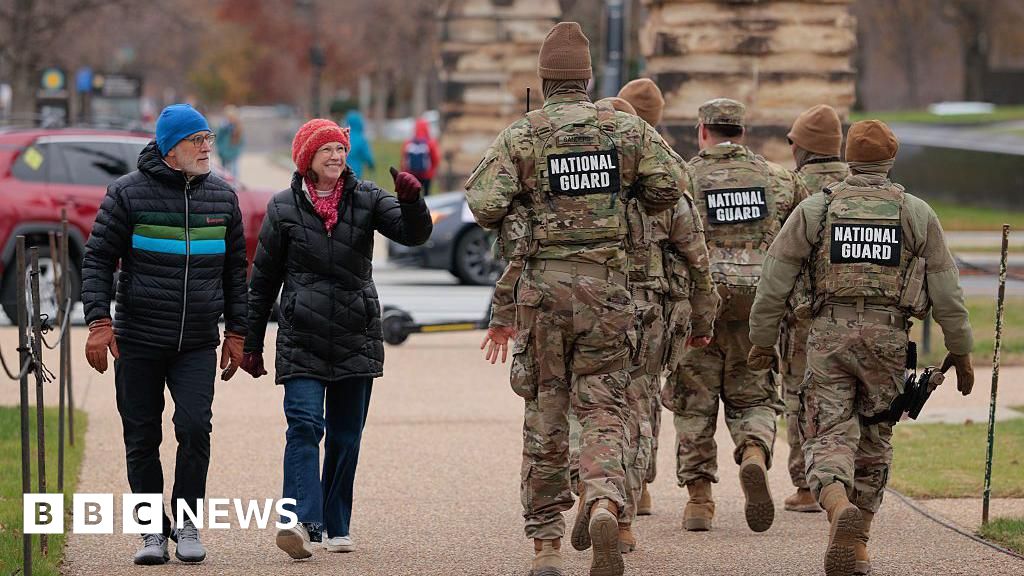
Trump says he is withdrawing National Guard from some US cities
US President Donald Trump has said he is withdrawing National Guard troops from several US cities, including Chicago and Los Angeles, after a Supreme Court ruling last week undermined his authority to use troops for policing.
“We will come back,…
Continue Reading
-
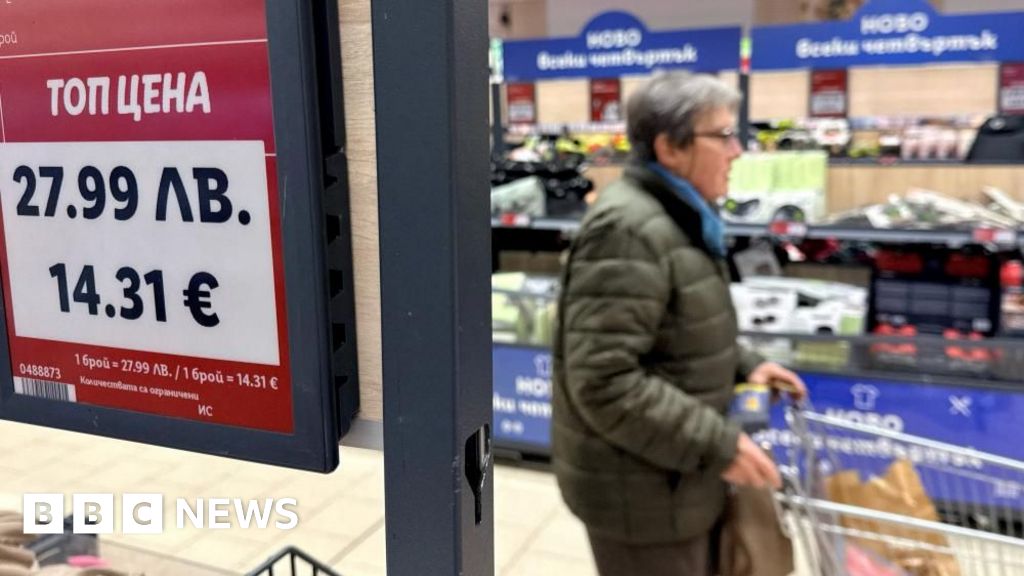
Bulgaria joins the euro after rocky path to new currency
Bulgaria – the poorest country in the European Union – has become the 21st member of the eurozone – leapfrogging more obvious and prosperous candidates like Poland, the Czech Republic and Hungary.
For mostly urban, young and entrepreneurial…
Continue Reading
-
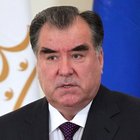
Telephone conversation with President of Tajikistan Emomali Rahmon • President of Russia
Emomali
Rahmon strongly condemned the unprecedented Ukrainian drone attack targeting
the Russian President’s official residence in the Novgorod Region overnight
into December 29. It was noted…Continue Reading
-
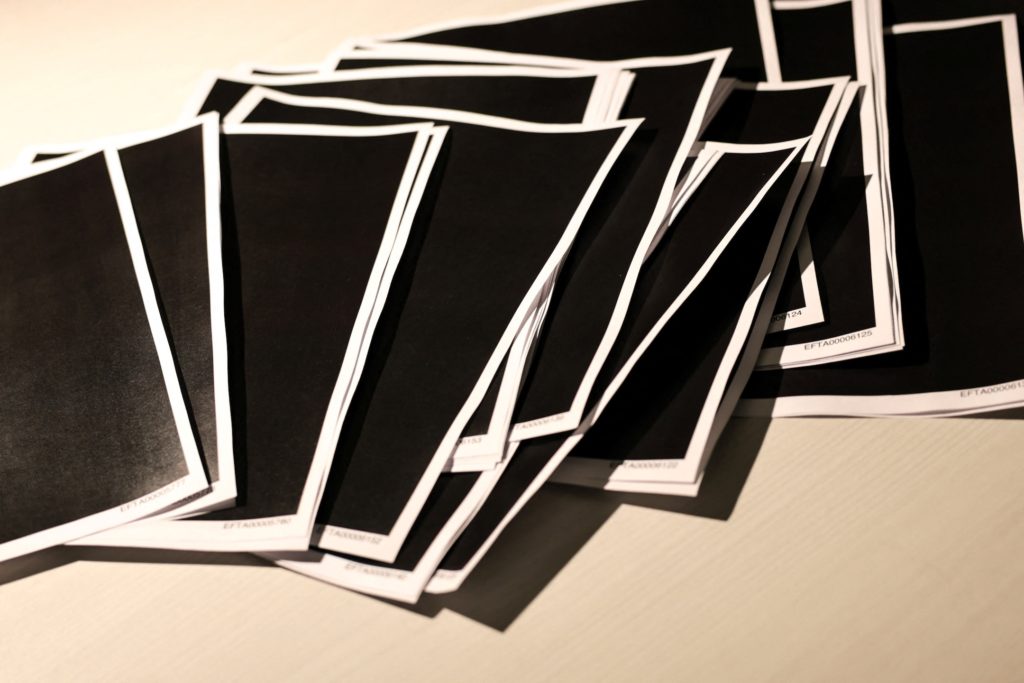
Department of Justice is reviewing over 5.2 million Jeffrey Epstein files
WASHINGTON (AP) — The Department of Justice has expanded its review of documents related to the convicted sex offender Jeffrey Epstein to 5.2 million as it also increases the number of attorneys trying to comply with a law…
Continue Reading
